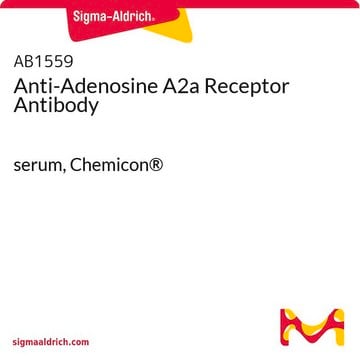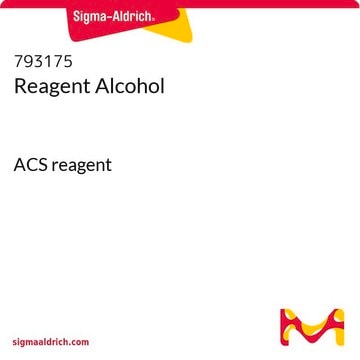H6703
Hexadecane
ReagentPlus®, 99%
Synonym(s):
n-Hexadecane, Cetane
About This Item
Recommended Products
vapor density
7.8 (vs air)
Quality Level
vapor pressure
1 mmHg ( 105.3 °C)
product line
ReagentPlus®
Assay
99%
form
liquid
autoignition temp.
395 °F
refractive index
n20/D 1.434 (lit.)
bp
287 °C (lit.)
mp
18 °C (lit.)
transition temp
solidification point 17.5-18.5 °C
density
0.773 g/mL at 25 °C (lit.)
SMILES string
CCCCCCCCCCCCCCCC
InChI
1S/C16H34/c1-3-5-7-9-11-13-15-16-14-12-10-8-6-4-2/h3-16H2,1-2H3
InChI key
DCAYPVUWAIABOU-UHFFFAOYSA-N
Looking for similar products? Visit Product Comparison Guide
Related Categories
General description
Application
Legal Information
Signal Word
Danger
Hazard Statements
Precautionary Statements
Hazard Classifications
Asp. Tox. 1
Supplementary Hazards
Storage Class Code
10 - Combustible liquids
WGK
WGK 1
Flash Point(F)
233.6 °F
Flash Point(C)
112 °C
Personal Protective Equipment
Choose from one of the most recent versions:
Already Own This Product?
Find documentation for the products that you have recently purchased in the Document Library.
Customers Also Viewed
Protocols
Assays that predict passive absorption of orally administered drugs have become increasingly important in the drug discovery process. As previously described by Faller and Kansy such assays provide rapid, low cost and automation friendly methods to measure a compound’s passive permeability.
Assays that predict passive absorption of orally administered drugs have become increasingly important in the drug discovery process. As previously described by Faller and Kansy such assays provide rapid, low cost and automation friendly methods to measure a compound’s passive permeability.
Assays that predict passive absorption of orally administered drugs have become increasingly important in the drug discovery process. As previously described by Faller and Kansy such assays provide rapid, low cost and automation friendly methods to measure a compound’s passive permeability.
Assays that predict passive absorption of orally administered drugs have become increasingly important in the drug discovery process. As previously described by Faller and Kansy such assays provide rapid, low cost and automation friendly methods to measure a compound’s passive permeability.
Our team of scientists has experience in all areas of research including Life Science, Material Science, Chemical Synthesis, Chromatography, Analytical and many others.
Contact Technical Service








